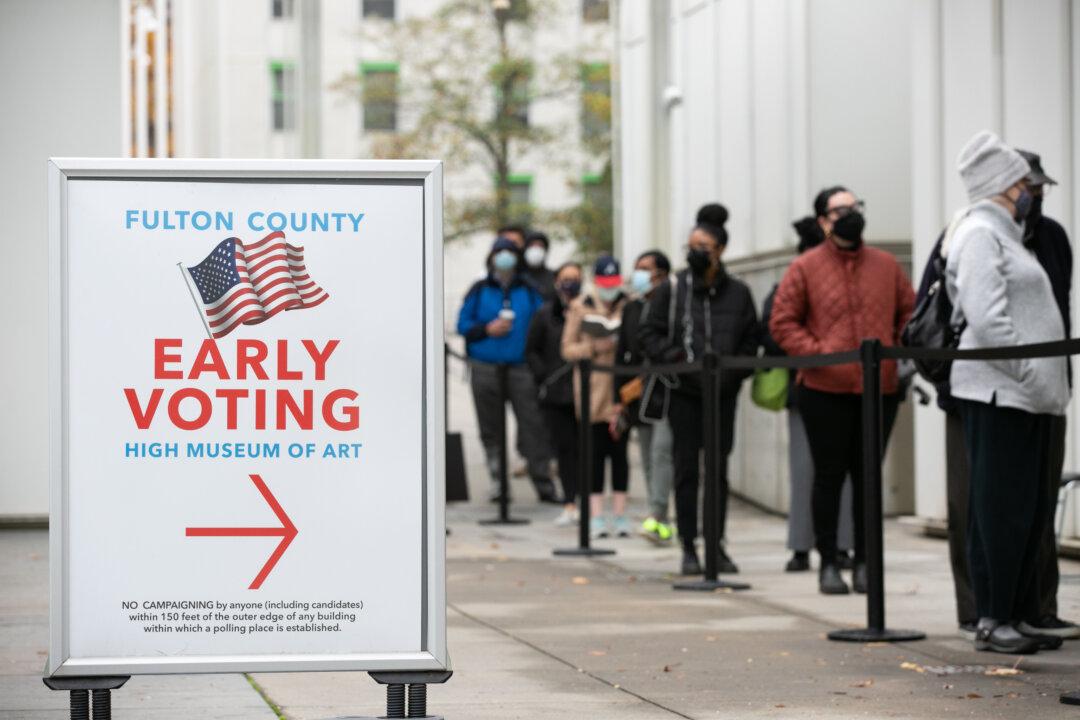The claim often repeated by the mainstream media, social-media content moderators, and fact-checkers that lawsuits filed by President Donald Trump’s campaign and Republicans were universally dismissed by the courts is untrue, according to a new analysis.
The findings do not necessarily suggest that if the lawsuits had all been decided before Joe Biden was certified as the official winner of the presidential election by Congress on Jan. 7 that former President Trump would have won the hotly contested election.





